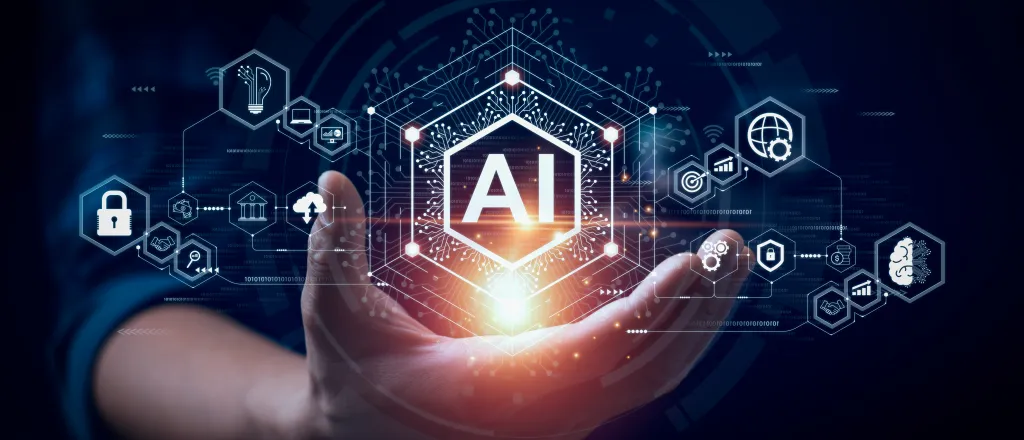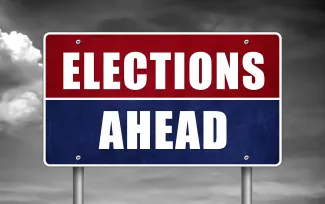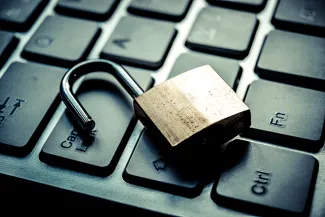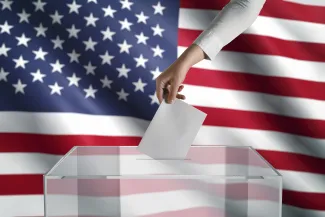
Professor raises concerns over the effect AI could have on 2024 elections
(The Center Square) – A University of Chicago Harris School of Public Policy professor is waving a red flag on the impact that artificial intelligence could have on next year’s elections.
Ethan Bueno de Mesquita has written a white paper which he said provides an overview of the potential impact of generative AI on the electoral process. The paper offers specific recommendations for voters, journalists, civil society, tech leaders and other stakeholders to help manage the risks and capitalize on the promise of AI for electoral democracy in the hope of fostering a more productive public discussion of these issues.

“The No. 1 issue that we need to be thinking about are the ways in which AI is going to matter for elections and the ways it poses risks of degrading the information environment for voters,” Bueno de Mesquita said.
The Federal Election Commission has been investigating the possibility of regulating AI-generated images known as "deepfakes" in political ads ahead of next year’s elections.

iStock
The Biden administration recently issued an executive order on AI that “will develop effective labeling and content provenance mechanisms, so that Americans are able to determine when content is generated using AI and when it is not.”
Bueno de Mesquita said that misinformation or a “deepfake” close to election day could be damaging “if such a thing gets released and gets released widely on social media or traditional media very close to the election when there is not enough time for responsible actors to figure out what's true and what's false and help voters sort through that information."

© iStock - sefa ouzel
According to a survey by the University of Chicago Harris School of Public Policy, 58% of Americans believe AI will increase the spread of election misinformation, but only 14% plan to use AI to get information about the presidential election.
In the white paper, Bueno de Mesquita notes that during the campaign season, there is ample misleading content that is not AI-generated, and there will be plenty of perfectly accurate AI-generated content. Ultimately “there will be no substitute for your skepticism, common sense, and trusted sources,” he said.
















